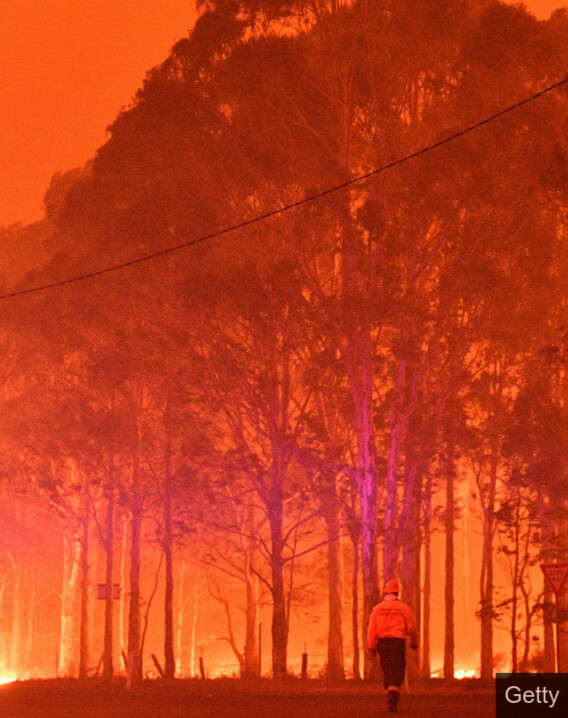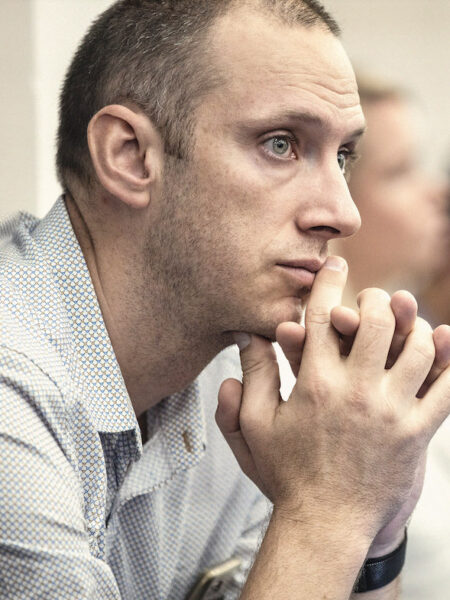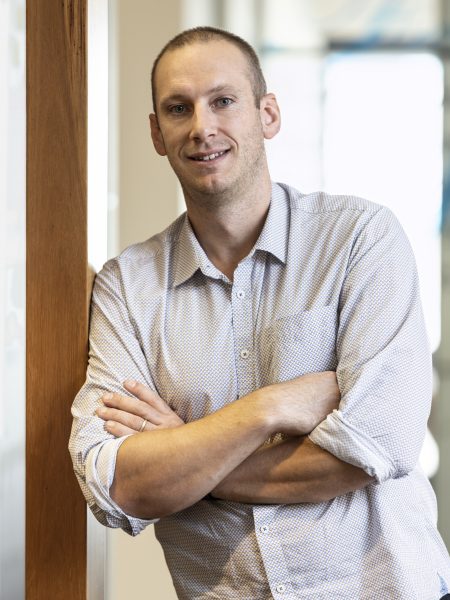What was the Inquiry?
On 30 January 2020, New South Wales Premier Gladys Berejiklian called for an Independent Inquiry into the unprecedented 2019-20 bush fire season to make recommendations in relation to bushfire preparedness and response and to report by 31 July 2020.
The aim of the inquiry was to understand what occurred during the 2019-20 bushfires and why it differed to seasons before in its size and intensity. It then made recommendations on how NSW needs to plan and prepare for bushfires into the future, to combat the terrible destruction, loss of life, environment and economic implications.
The Inquiry received a total of 1,976 submissions and the NSW Government has now published 970 of the submissions on their website.
ANTaR jumped at the opportunity to submit our position on the current bushfire management, with our recommendations backing calls for much greater input from First Nations Peoples and incorporation of Indigenous knowledge. Our submission proposed that the NSW Government:
- Engage with First Nations Peoples in this inquiry and beyond;
- Appreciate the value in using traditional and cultural fire management; and
- Better understand the vulnerability of Aboriginal and Torres Strait Islander communities in high bushfire risk zones.
Unfortunately, only a small number of the nearly 2000 submissions referenced the central importance of First Nations knowledge in managing fire in the environment.
The NSW Aboriginal Land Council submission included 6 key recommendations, that spoke to the importance of utilising First Nations knowledge and engaging with them to understand the value and benefits of traditional and cultural fire management.
Further, the Katungul Aboriginal Corporation Regional Health and Community Services, which provides a range of health care services to Aboriginal people on the Far South Coast of NSW, had a submission that included six recommendations which covered psychological support, mental health services, disaster preparedness and recovery planning and health service needs assessment.
Finally, there was an important contribution from Firesticks Alliance Indigenous Corporation, which provides leadership, advocacy and action to protect, conserve and enhance cultural and natural values of people and Country, through cultural fire and land management practices.
Firesticks values and respects country, local knowledge, protocols of Elders and ancestors, and is committed to providing a supportive Indigenous-led network that fosters a community to maintain and share cultural fire knowledge and practice on Country. CEO and Bundjalung man Oliver Costello – referenced throughout our submission – has said:
It’s really important First Nations people have authority and hold knowledge about cultural burning. Even if it hasn’t been sustained in practice, it’s still their knowledge because it’s based on their connection to the land. There are important cultural protocols for managing land and we really want local custodians, landholders and government agencies to work together to understand those roles and relationships.
What was in the Inquiry’s Report?
The Final Report of the NSW Bushfire Inquiry released on 31 July 2020, makes 76 recommendations for future improvements following the worst bushfires in recorded history. Out of the 76 recommendations of the Report, only three recommendations seemed to consider or address the Aboriginal cultural burning practices and the need to engage with and support First Nations communities regarding bushfire management. They were:
Recommendation 25 – That Government adopt the principle that cultural burning is one component of a broader practice of traditional Aboriginal land management and is an important cultural practice, not simply another technique of hazard reduction burning.
ANTaR welcomes this recommendation and we’re pleased that there is some acknowledgment of the value of cultural fire practice. There will be numerous, complementary components to a successful bushfire management strategy but cultural burning should be prioritised as a core element of the strategy going forward.
Recommendation 26 – That, in order to increase the respectful, collaborative and effective use of Aboriginal land management practices in planning and preparing for bushfire, Government commit to pursuing greater application of Aboriginal land management, including cultural burning, through a program to be coordinated by Aboriginal Affairs and Department of Planning, Industry and Environment working in partnership with Aboriginal communities. This should be accompanied by a program of evaluation alongside the scaled-up application of these techniques.
Again we welcome this recommendation and suggest that the NSW Government go further by explicitly stating that partnership with Aboriginal communities comes with adequate resourcing to enable their central role in delivering cultural burning practice.
In our submission, we reference the Firestick Alliance CEO, Oliver Costello’s statements regarding the importance of First Nations Peoples having authority over cultural burning as it is based on their connection to land. There are important cultural protocols for managing land and Costello has called for local custodians, landholders and government agencies to work together to understand those roles and relationships. Recommendation 26 alludes to this but should go further.
Recommendation 72 – That, in order to ensure Aboriginal people can access appropriate support during evacuation, Resilience NSW work with Local Emergency Management Committees and Aboriginal Affairs to ensure: a) Local Aboriginal communities are included in emergency planning and preparation; b) All staff involved in evacuation centres and support services are culturally competent.
The vulnerability of First Nations communities in high bushfire risk zones is extensive, as recent studies have shown one quarter of the Aboriginal and Torres Strait Islander population of NSW and Victoria live in fire affected areas. Rural and remote communities already experience disproportionate economic, environmental and social disadvantage. When severe bushfire strikes, this amplifies the preexisting challenges faced by marginalised communities. It is a step in the right direction that the Inquiry acknowledges the need to involve First Nations communities specifically in its planning and preparation.
What is the Report missing?
It’s disappointing that only three out of the 76 recommendations considered First Nations communities and their millenia of accumulated knowledge in how to manage the unique environment of this continent. The Inquiry Report could have gone much further in recognising the necessity of having First Nations Peoples at the centre of the bushfire management plan for NSW.
The Report should have more directly explored the benefits of traditional fire management and acknowledged the advice and expertise of Firestick Alliance, as well as the research of people like Bruce Pascoe who outlines the First Nations approach to fire management in his book Dark Emu. Or Bill Gammage, an expert and professor of traditional Aboriginal burning from the Australian National University, who writes in his book The Biggest Estate on Earth:
Fire can be used for one of three outcomes. The first, to encourage native grasses to regenerate and produce new feed, the second to reduce scrub and fuel to prevent intense bushfires, and thirdly to promote biodiversity.
The cost of fighting increasingly severe fires and the destruction to both human life and our environment is a far bigger expense than the sustainable cost (and benefit) of traditional fire management.
Lastly, the Report is disappointingly muted in regards to the need to provide access, equity and community engagement within rural and remote areas of NSW. Government bushfire management policy should consider the longstanding inequities experienced by First Nations peoples due to structural racism, intergenerational trauma and decades of failed policies.
Where to from here?
The continent of Australia and its environs was irrevocably altered with European colonisation beginning in 1788. For millennia, the First Nations Peoples had developed a continent-wide, systematic and highly effective practice of bushfire management that engineered the pristine conditions that the first colonists witnessed upon their arrival.
When this sophisticated practice was quashed as a result of colonisation, an appreciation for how to live in an environment that relies on fire was largely lost, and we have seen the devastation of uncontrolled fire in our increasingly urbanised communities for over 100 years.
While modern science and technology will undoubtedly play an important role in fire management going forward, we must listen to the First Nations peoples, understand their cultural knowledge and embrace the principles that tamed the threat of fire across the land.



